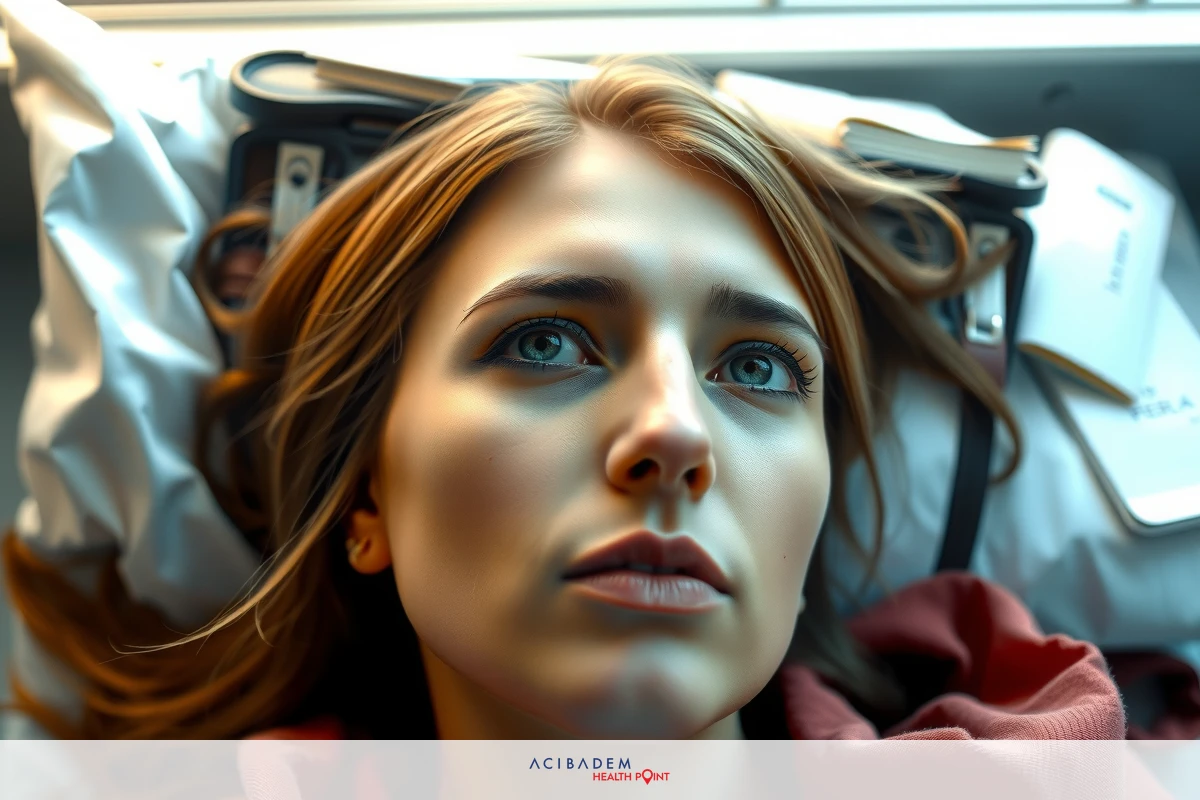Can You Go on a Plane After Rhinoplasty?
Can You Go on a Plane After Rhinoplasty? Rhinoplasty, often colloquially referred to as a ‘nose job,’ is among the most widespread forms of cosmetic surgery. Post-operative care following this procedure plays a crucial role in ensuring optimal results and minimizing potential complications.
Travel, particularly air travel, can raise several concerns post-rhinoplasty. The pressurized environment inside an aircraft cabin may exacerbate swelling or bleeding in the early stages of recovery. Being far from your surgeon’s immediate care could pose challenges should any issues arise during your trip.
This article aims to address these concerns by offering insight into the key factors that influence the timing and safety of air travel following rhinoplasty. It will also provide practical advice for those who need or choose to fly soon after their operation Can You Go on a Plane After Rhinoplasty?
Recovery Time After Rhinoplasty
Rhinoplasty is a surgical process that changes the nose’s structure, and like any surgery, it requires time for recovery. The immediate post-operative period typically involves rest, medication, and follow-ups with your surgeon to ensure optimal healing. During this time, patients might experience swelling, discomfort or some bruising around the nose and eyes.
The first two weeks after rhinoplasty are critical in the healing process as your body works to repair tissue damage. It’s during these initial days where one must be particularly careful not to disturb the surgical site—this includes avoiding strenuous physical activity or traveling by plane. Exposing oneself to high altitudes can contribute to increased pressure on blood vessels in the nasal area which could lead to bleeding complications.
By week three post-rhinoplasty most of the significant swelling would have subsided enough for patients to see early results of their surgery. However full recovery from rhinoplasty takes longer; up until six months post-surgery minor changes may continue as tissues heal completely and settle into their new shape.
In summary understanding what is involved in recovering from a rhinoplasty operation will better prepare individuals who need or desire air travel shortly after undergoing such procedures. A well-informed patient can then make decisions based on personal circumstances under guidance from medical professionals ensuring safety while also considering convenience.
Flying After Rhinoplasty
In the context of rhinoplasty and post-operative recovery, flying is a topic that warrants focused attention. The unique environment within an airplane can present challenges for those who have recently undergone this surgical procedure. Pressurized cabin conditions at high altitudes may exacerbate swelling, discomfort or bleeding in some patients.
The consensus among surgeons typically discourages air travel for a minimum of one to two weeks following rhinoplasty surgery. This period aligns with the body’s acute healing phase when risks associated with air travel are most pronounced. Beyond this time frame, it becomes increasingly safer to fly; however, each individual’s healing process varies and should be evaluated by their surgeon.
For those required to board a plane soon after surgery due to unavoidable circumstances, taking certain measures could mitigate potential issues. It is advisable to keep your head elevated during flight and stay well-hydrated as airplanes often have low humidity levels which might dry out nasal passages further aggravating discomfort. Also remember that moving around periodically during long flights encourages better circulation

reducing risk of blood clots – another concern in the post-operative scenario.
Ultimately deciding on when it’s safe for you specifically to fly after undergoing rhinoplasty should be guided by professional medical advice tailored to your personal healing progress and overall health condition.
Precautions and Recommendations
If you find it necessary to travel by plane shortly after your rhinoplasty procedure, there are precautions that can be taken to minimize discomfort and potential risks. It’s important to understand that while these suggestions may help, they do not guarantee the absence of complications. Always consult with your surgeon before making any post-operative travel plans.
Here are some recommendations for those planning air travel soon after their rhinoplasty surgery:
- Stay Hydrated: Airplane cabins often have low humidity levels which can dry out nasal passages causing discomfort.
- Keep Your Head Elevated: Try using a neck pillow or reclining your seat slightly during the flight.
- Move Around Periodically: Especially on longer flights, this helps stimulate circulation reducing risk of blood clots.
- Avoid Heavy Lifting: This includes handling heavy luggage which could strain facial muscles and increase swelling around the nose.
- Skip Alcoholic Beverages Onboard: Alcohol acts as a diuretic leading to dehydration; opt instead for water or fruit juices.
Remember that even with all precautions taken, flying soon after rhinoplasty is generally discouraged due to inherent risks associated with high altitudes and pressure changes in airplane environments combined with limited access to immediate medical attention if needed during flight times.
Frequently Asked Questions
Q: How soon can I fly after rhinoplasty surgery?
A: Medical professionals generally advise against air travel for at least one to two weeks following a rhinoplasty procedure. This is due to the increased risk of bleeding and swelling that high altitudes may induce in the early stages of healing.
Q: What are some potential complications from flying too soon after rhinoplasty? A: Early air travel post-rhinoplasty might exacerbate swelling, discomfort or cause nosebleeds due to pressure changes experienced during flights. Additionally, being far away from immediate medical care could pose challenges if issues arise.
Q: Are there steps I can take to minimize discomfort when flying postrhinoplasty? A: Staying well-hydrated, keeping your head elevated, moving around periodically on longer flights and avoiding heavy lifting can help ease discomfort while traveling by plane after rhinoplasty.
Q: Should I consult my surgeon before making travel plans post-surgery? A: Yes. Always discuss your recovery progress and any potential risks associated with your personal health condition before planning an airplane trip shortly after undergoing a rhinoplasty.








